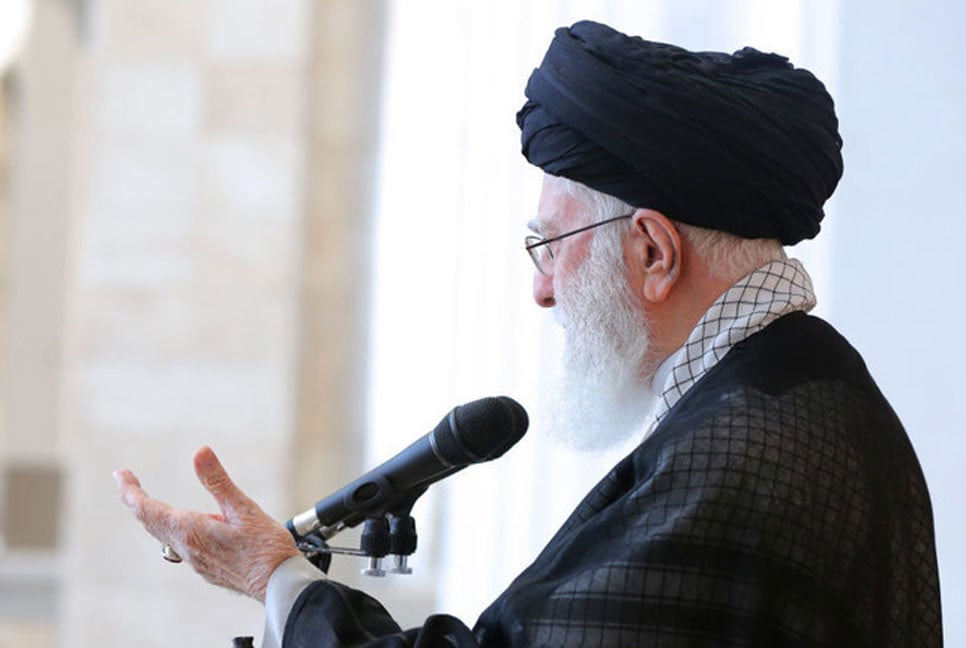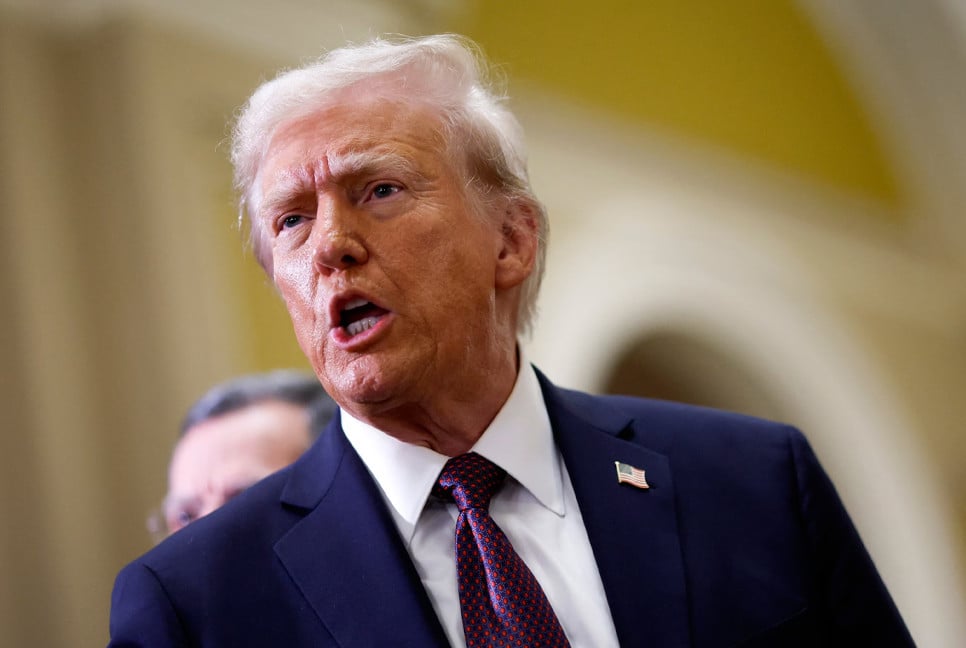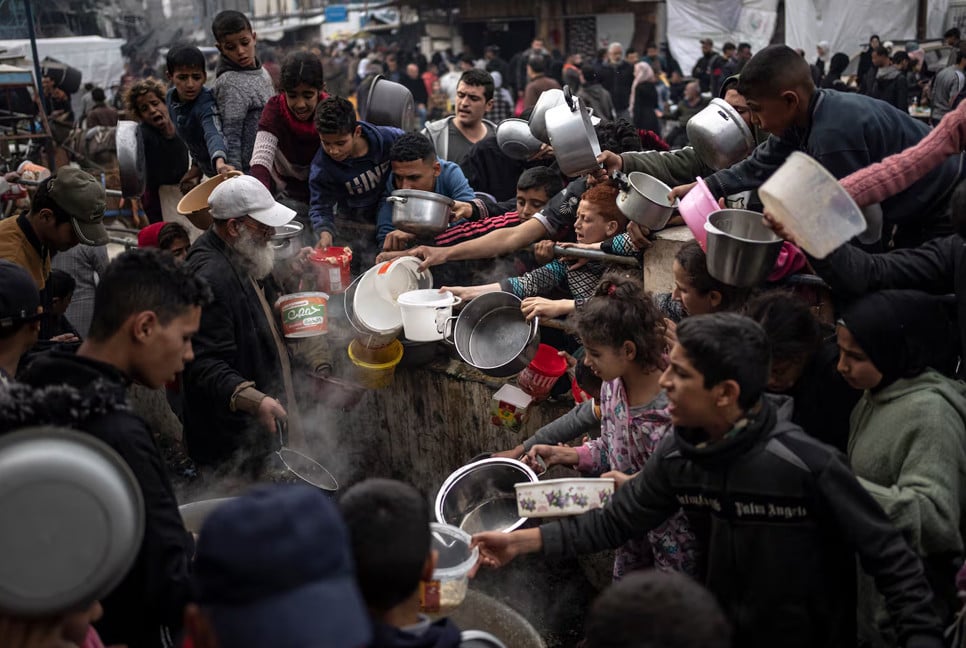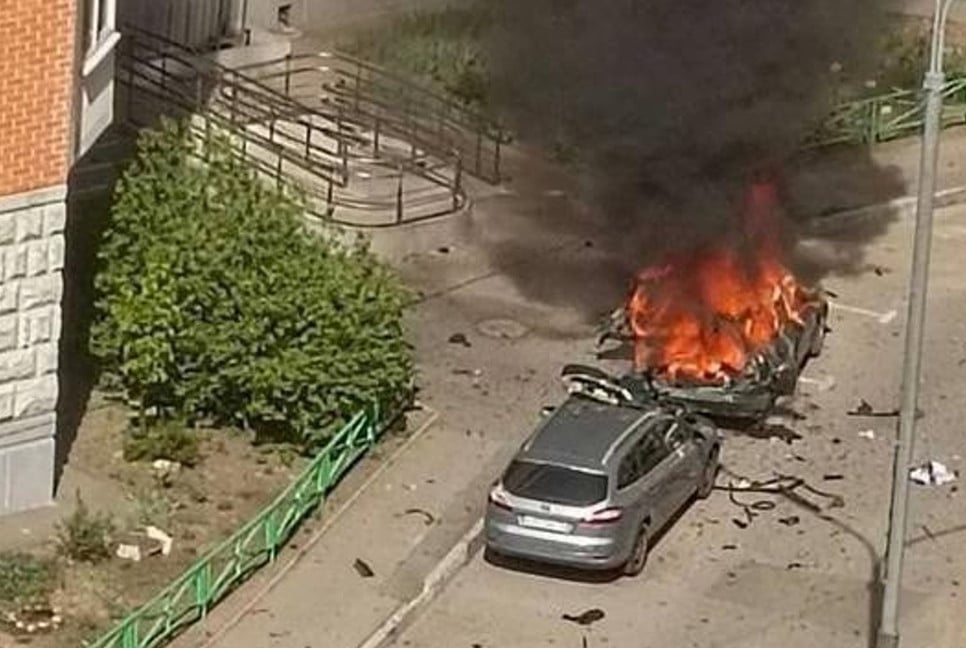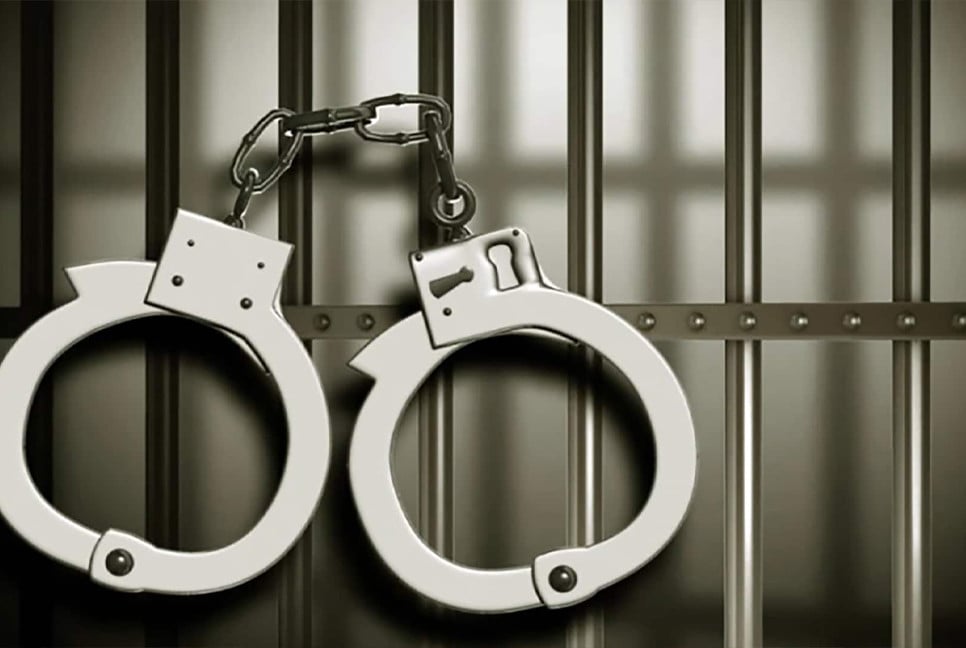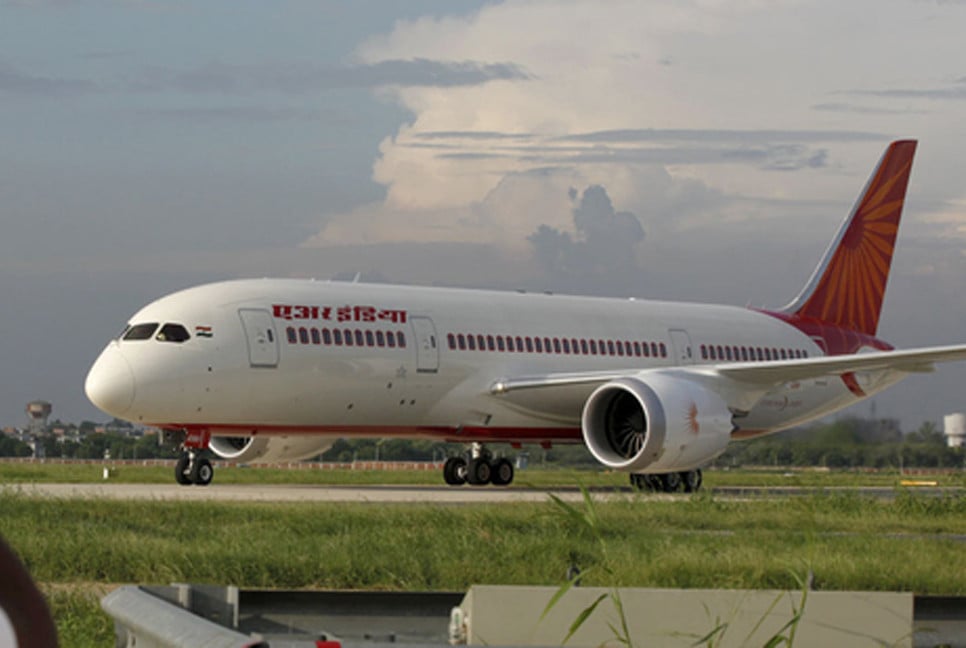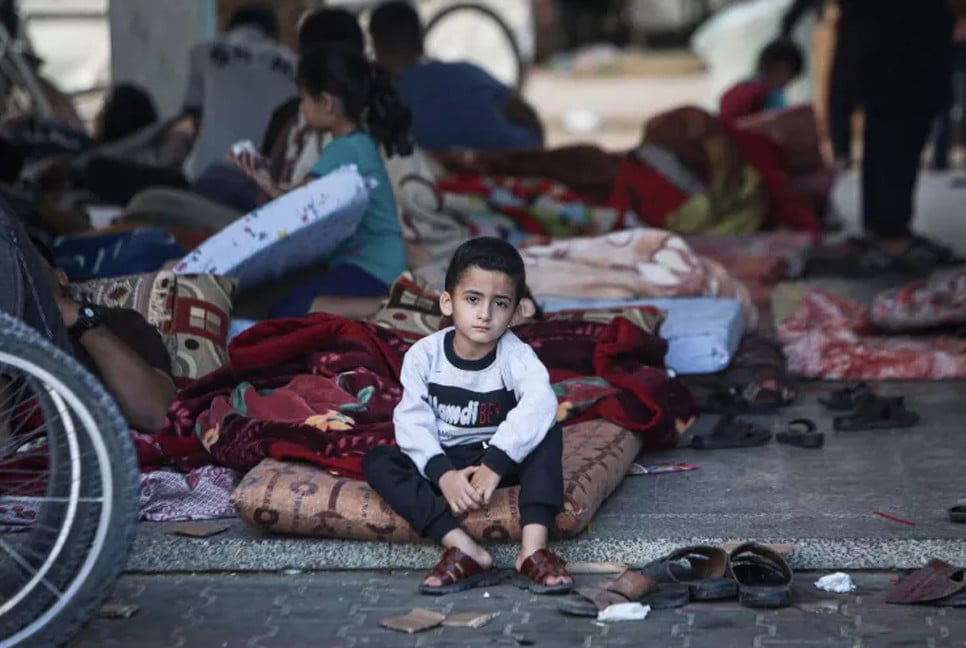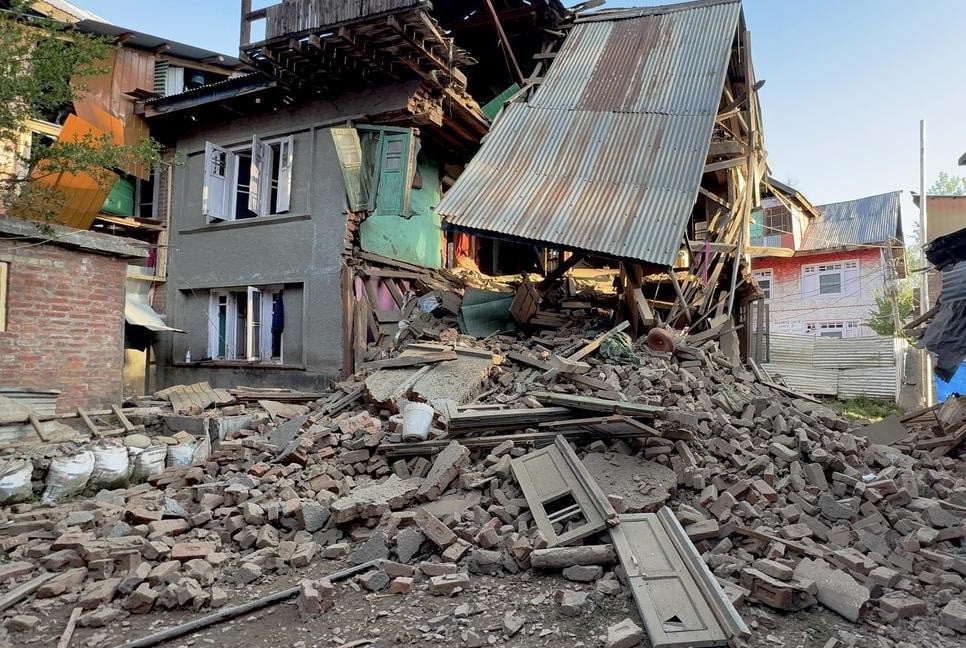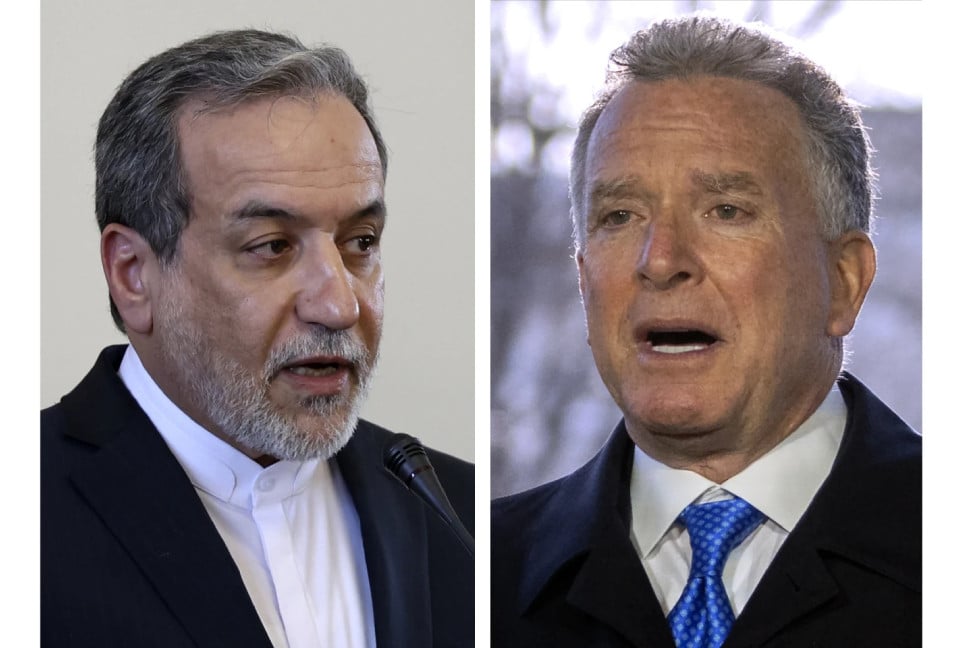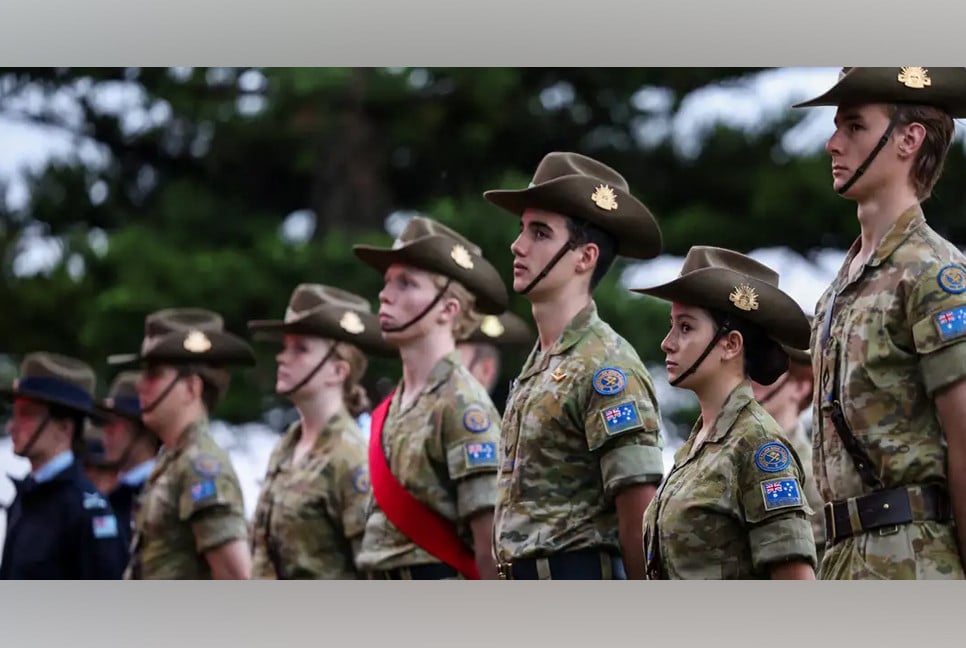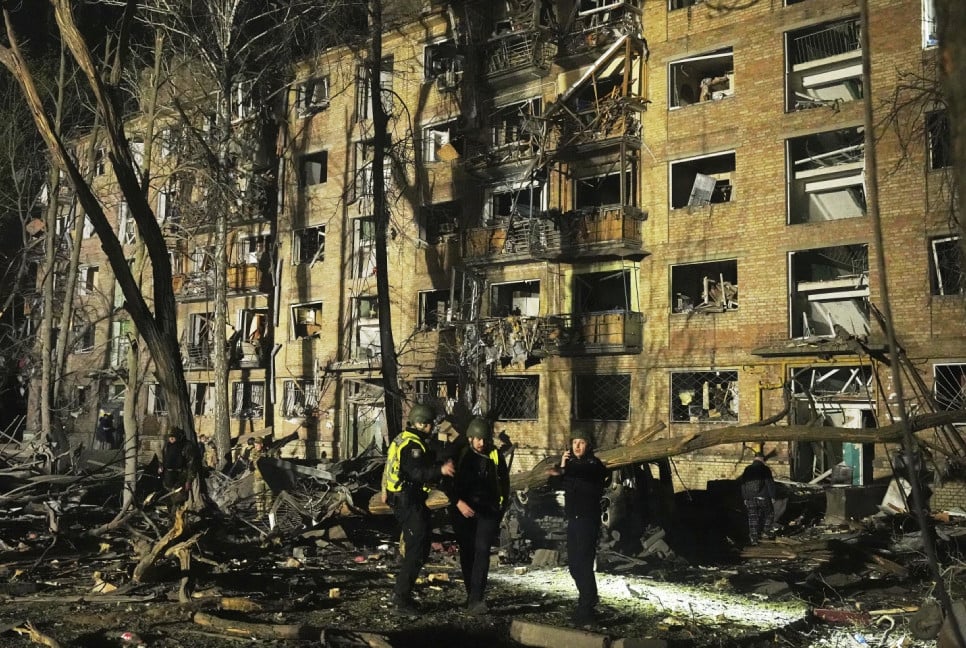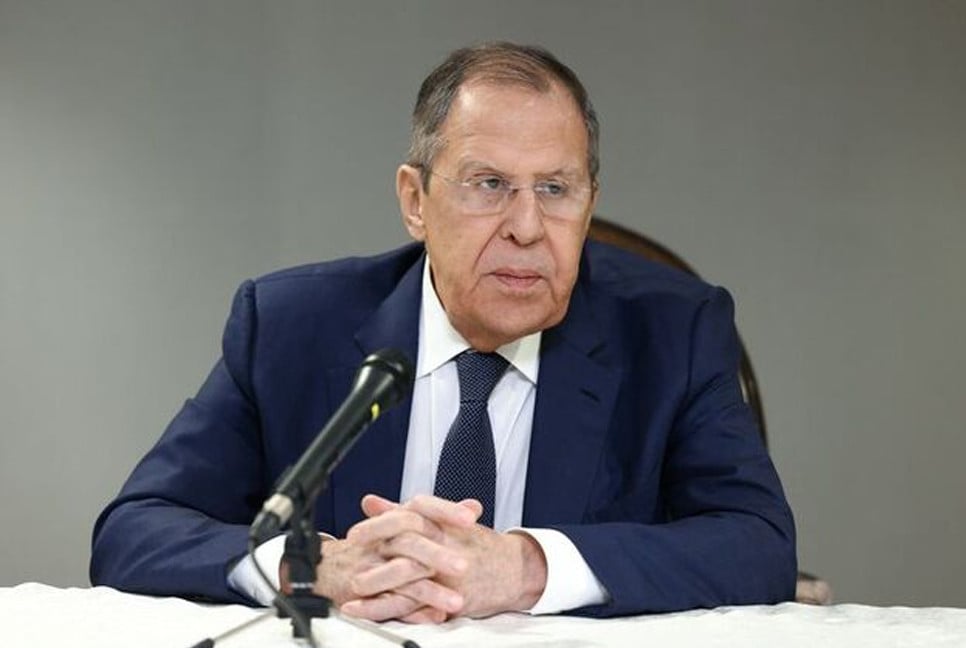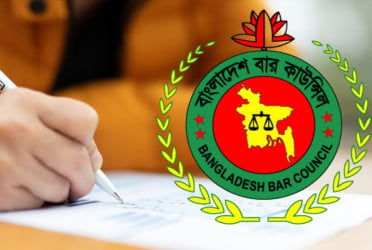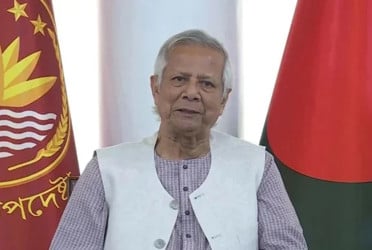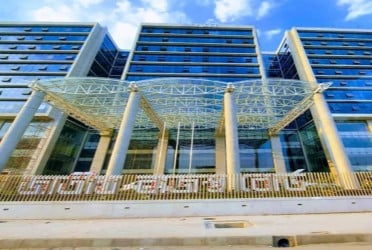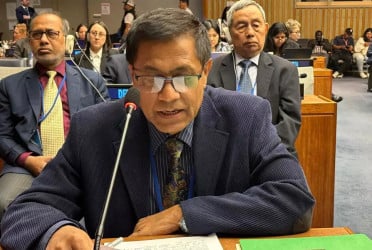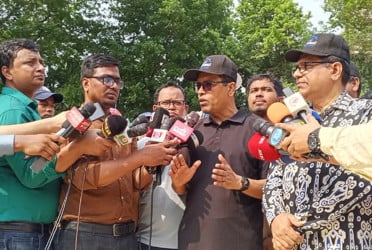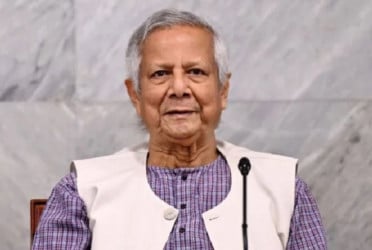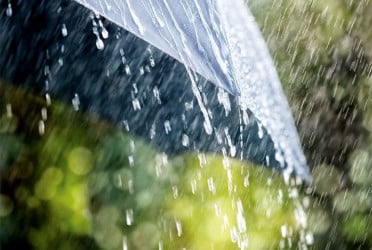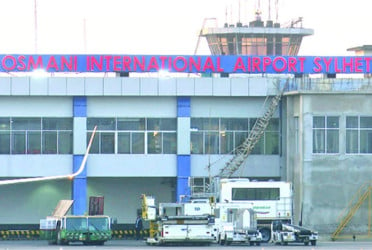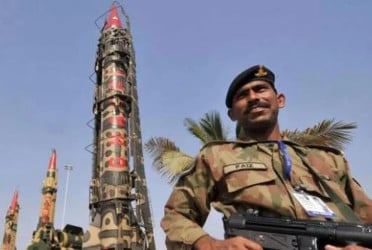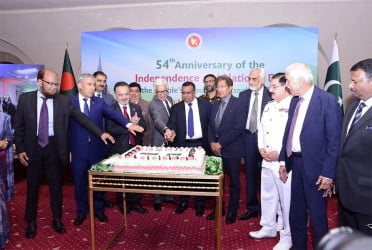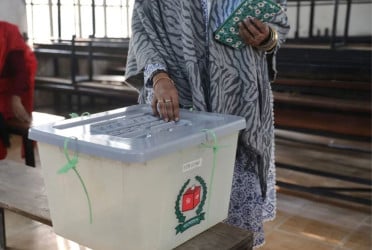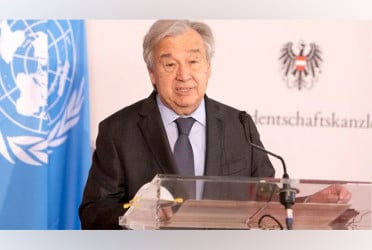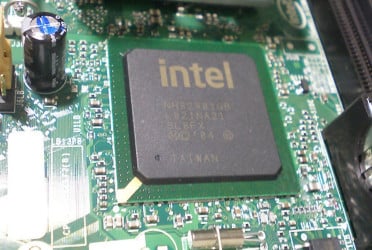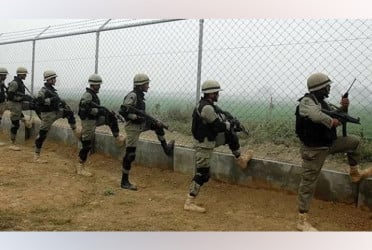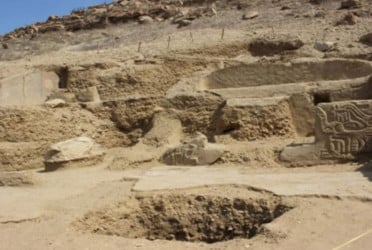Senior commanders within Iran's Islamic Revolutionary Guard Corps (IRGC) have reportedly urged Supreme Leader Ayatollah Ali Khamenei to revoke his long standing fatwa that bans the development and use of nuclear weapons, citing growing existential threats.
The fatwa, issued in the mid-1990s and publicly announced in 2003, forbids the production, stockpiling, and use of nuclear weapons on religious grounds, deeming them incompatible with Islamic principles. This ruling has been a cornerstone of Iran's stance on nuclear armament for years.
However, escalating regional tensions, including Israeli airstrikes on Iranian military facilities near Tehran, have raised doubts within Iran's leadership about the country's defense readiness. These attacks, which targeted missile production sites and former nuclear research facilities, have highlighted perceived vulnerabilities in Iran's defense infrastructure, fueling internal discussions on national security.
Amid these developments, IRGC commanders argue that maintaining the fatwa may leave Iran inadequately prepared to defend itself against rising threats. They contend that acquiring nuclear weapons would provide a crucial deterrent against adversaries, particularly as relations with the West remain tense after the collapse of the 2015 nuclear deal following the U.S. withdrawal in 2018.
Despite increased diplomatic isolation and renewed economic sanctions, Ayatollah Khamenei has consistently rejected talks with the U.S., deeming them unwise and dishonorable. His opposition to nuclear weapons has been grounded in both religious doctrine and strategic considerations aimed at avoiding further international isolation.
Should Khamenei reconsider his fatwa, analysts warn it could signal a significant shift in Iran's defense policy, potentially accelerating nuclear development and worsening tensions with Israel and its Western allies.
Source: RT
Bd-pratidin English/ Jisan

